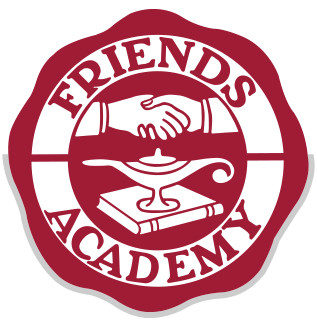Get the Best Kid-Friendly Activities
Sent to You Weekly!
Sent to You Weekly!

Forest Hills, NY The Church-in-the-Gardens Nursery School started in 1980 as a cooperative playgroup and has been licensed by the New York City Bureau of Day Care as a...

Whitestone, NY At Avenue Orthodontics we believe that a healthy, confident smile makes a huge difference in life. That’s why we’re dedicated to providing our patien...

Larchmont, NY FASNY develops globally literate, multicultural lifelong learners through a unique program that integrates French, American and International curricul...

Locust Valley, NY For 50 years Friends Academy Summer Camp has believed that each child carries unique gifts and talents which we seek to nurture and celebrate. The pri...